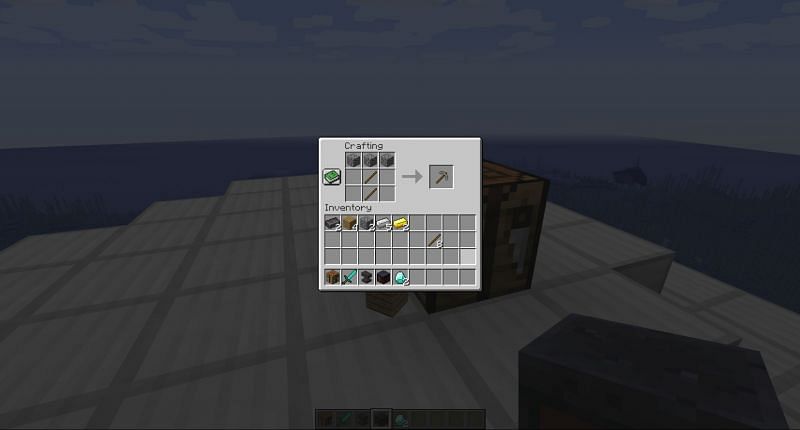

Essentially because there were no rules, players formed forums to talk about how to play this crazy game and it spread and spread so quickly. Larsson's co-author, Daniel Goldberg, said: "It's a huge boost to people to see how a creative idea can flourish in such a way on the internet. Minecraft says a lot about how the internet is changing, about how startups can work." The cost of making most Hollywood films pales into comparison to what these major games studios are spending in developing video games. It's a creative game with no violence – completely against what everyone thought people wanted. When we were researching the book, we talked to many people in the games industry here in Stockholm and they all admitted they would never have accepted the idea of Minecraft if it had been pitched to them. There's pretty much a complete lack of built-in goals. "It's essentially an open-world game that challenges you to come up with where you want to go. "Minecraft is remarkable in that it was created by one person," said Larsson.

A reprint of the book was ordered within days of publication in the US and Random House should be bringing the book out in the UK before Christmas.
#Minecraft observer tv#
Persson made his first TV chatshow appearance this month, on America's The Late Late Show, where he admitted shyly: "I now have more money than I can ever spend."īecause of the small number of employees and lack of outside investors, his company is probably worth more per head than Facebook or Twitter, says Linus Larsson, who with Daniel Goldberg has written Minecraft: The Unlikely Tale of Markus Persson and the Game that Changed Everything. The same year Mojang hosted a conference in Las Vegas called Minecon, attended by 4,500 people from 23 countries. There are 4.5m YouTube hits about a game that had no marketing budget.Īcademics study it, and this weekend there was a bidding war over the UK rights to a book detailing Persson's own life and his development of the game from the summer of 2009 to its appearance in its current form in 2011. Minecraft is not just a global sales phenomenon: it is being hailed as a turning point in technology, a Cinderella story for the internet age. Photograph: Emma Johannson/Press Association Images Markus Persson, Minecraft's creator, is being hailed as a 'video god' after its phenomenal success. Monsters, zombies, "creepers" and spiders hinder players' efforts, but can be avoided in the creation of colourful, blocky worlds complete with animals, clouds and waterfalls, all of which must be built from scratch. It's called a "sandbox" game in tech parlance and schools in the UK, Australia and Canada are looking at bringing some aspects of it into the classroom. In a world of shoot 'em up games with ever sharper graphics and more realistic gore, Minecraft stands out as a quirky outsider. Minecraft is, at its heart, a building game where players construct their own world out of blocks, making anything from a forest to the Eiffel Tower, like a kind of digital Lego without an instruction book.

That he did badly at school, was mocked for his interest in computer games and was the son of a drug addict father has only enhanced his hero status. With its block-like graphics, lack of rules and no way to win or lose, Minecraft was made, not at the cost of millions of dollars by a multinational Silicon Valley company, but by a mild-mannered amateur programmer in Sweden who left his job to create the game on his bedroom computer.Īt 34, Markus "Notch" Persson is now a millionaire dozens of times over and a "video god". It is heading towards 13 million sales for Macs and PCs alone, with 70 million people playing it, and is one of the most unlikely – and most successful – stories to have emerged from this brave new era of internet entrepreneurship.


 0 kommentar(er)
0 kommentar(er)
